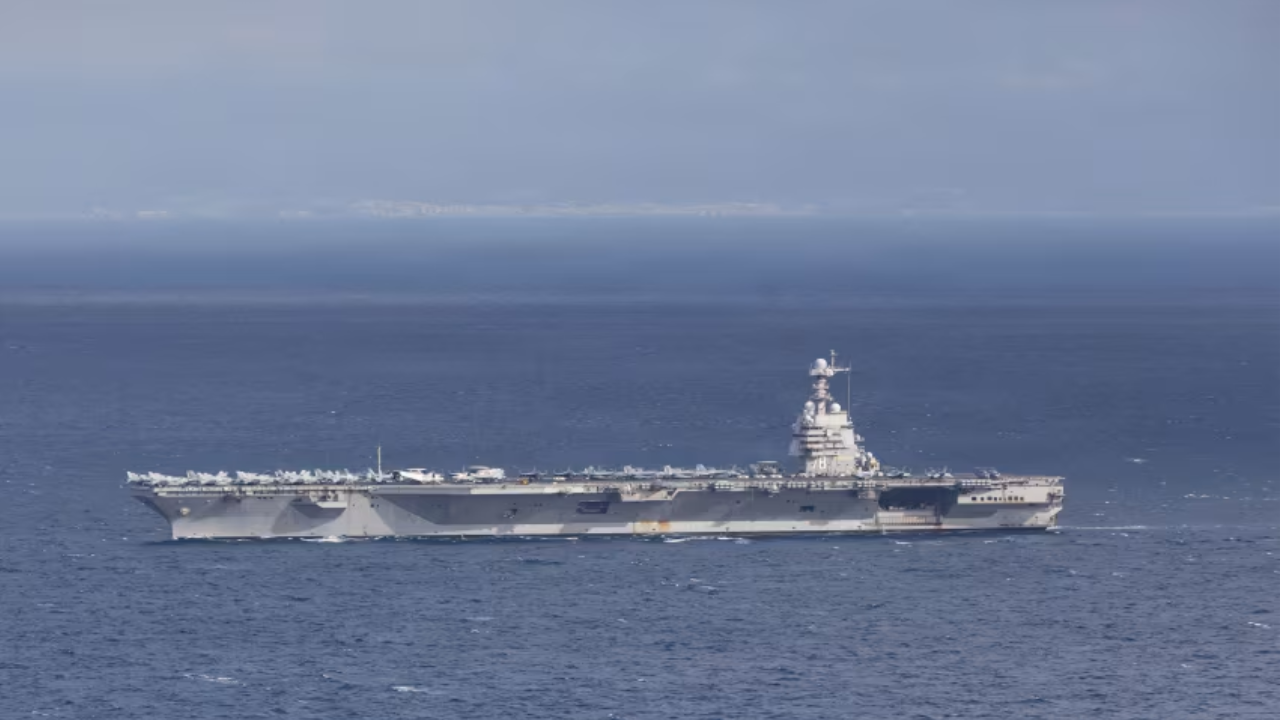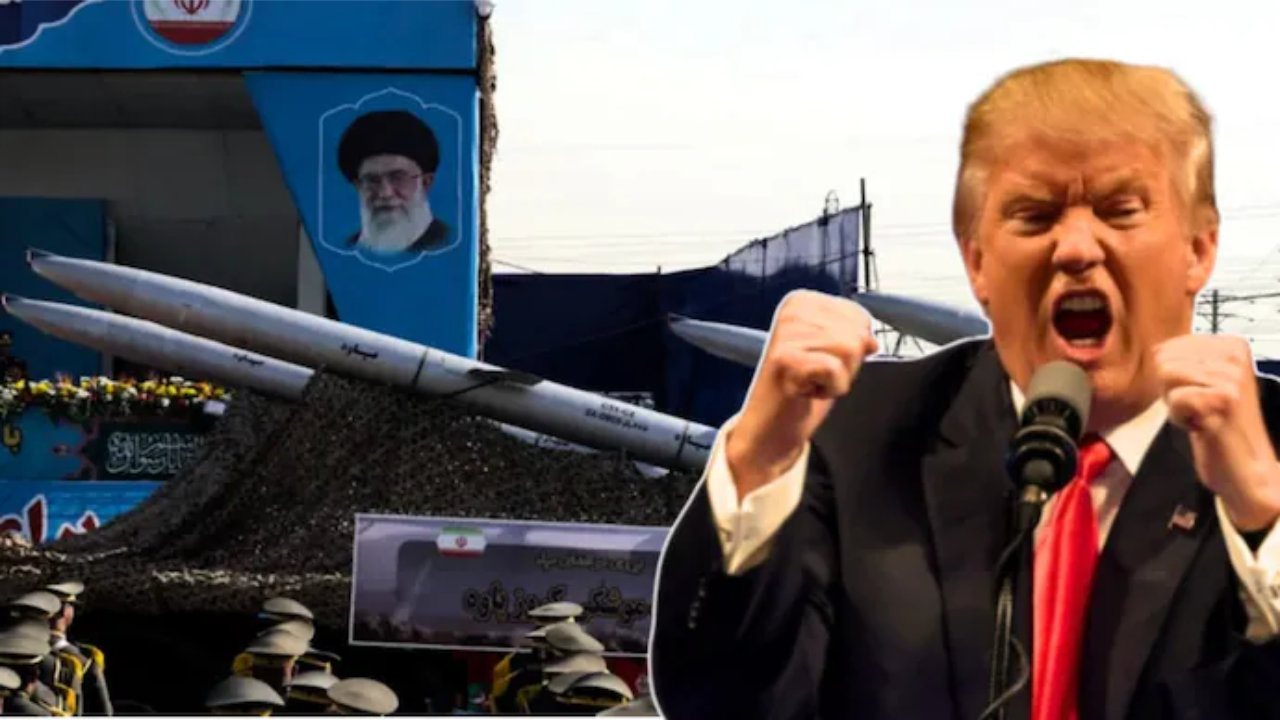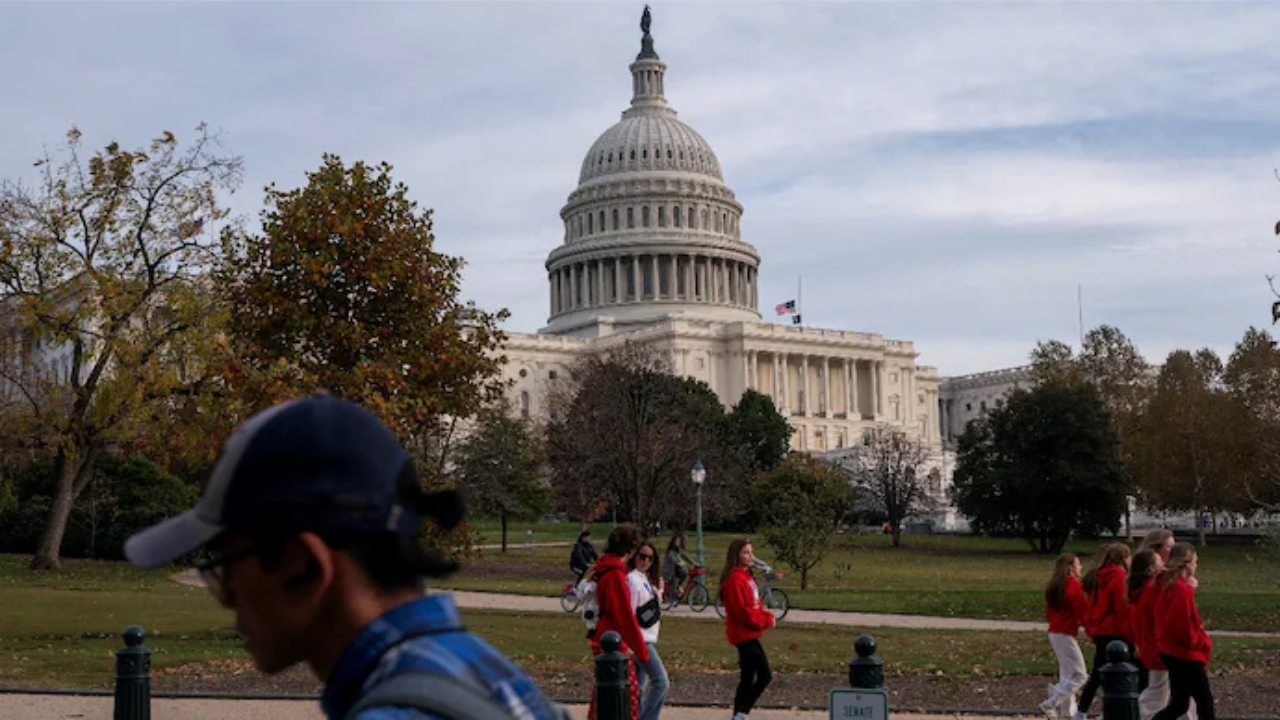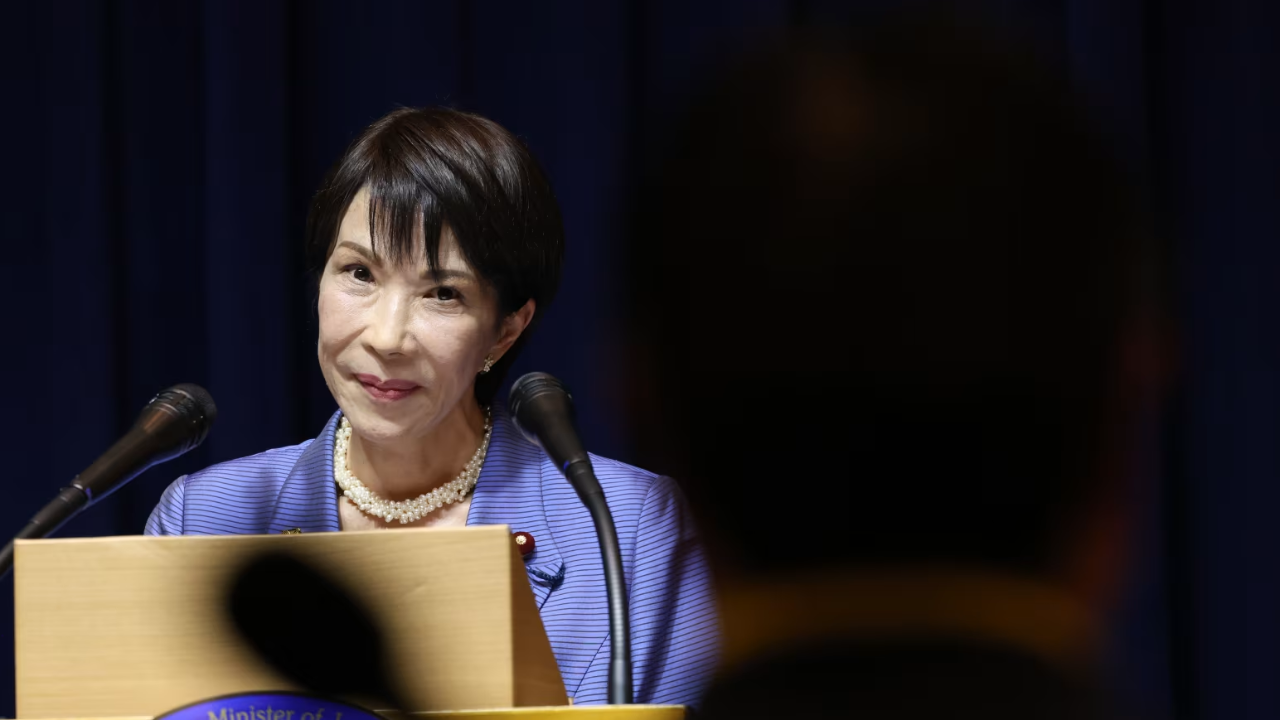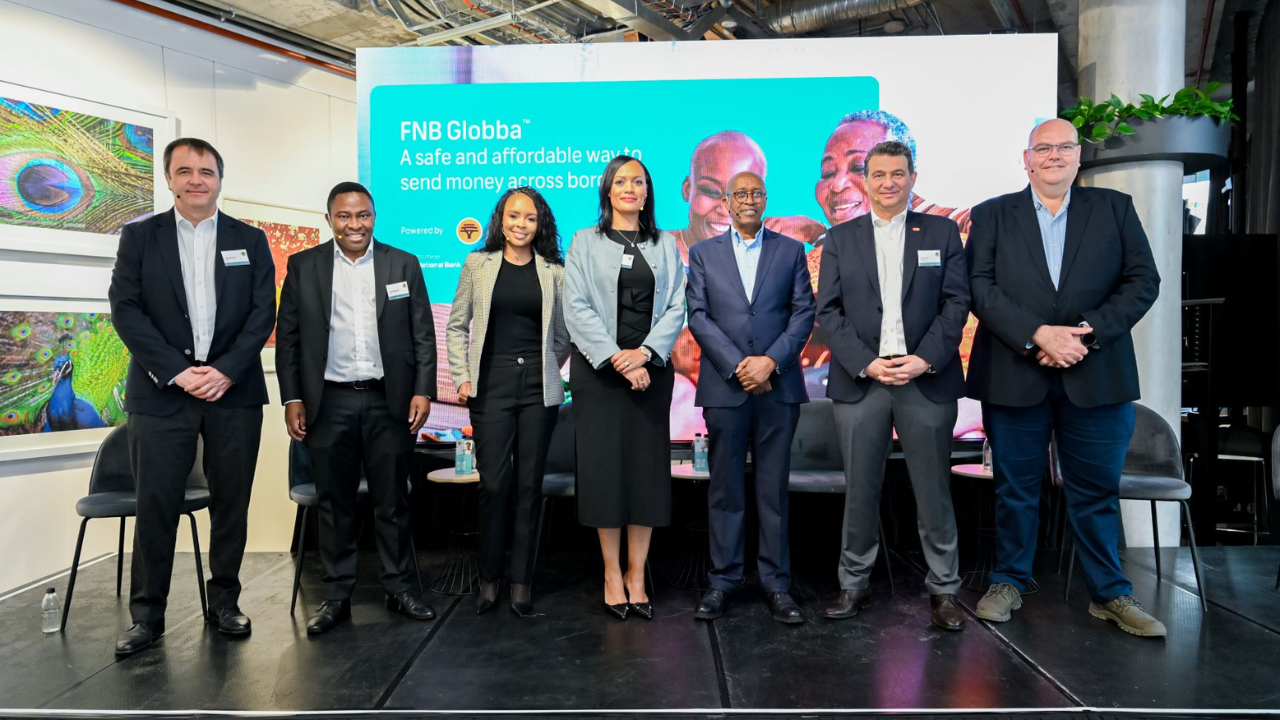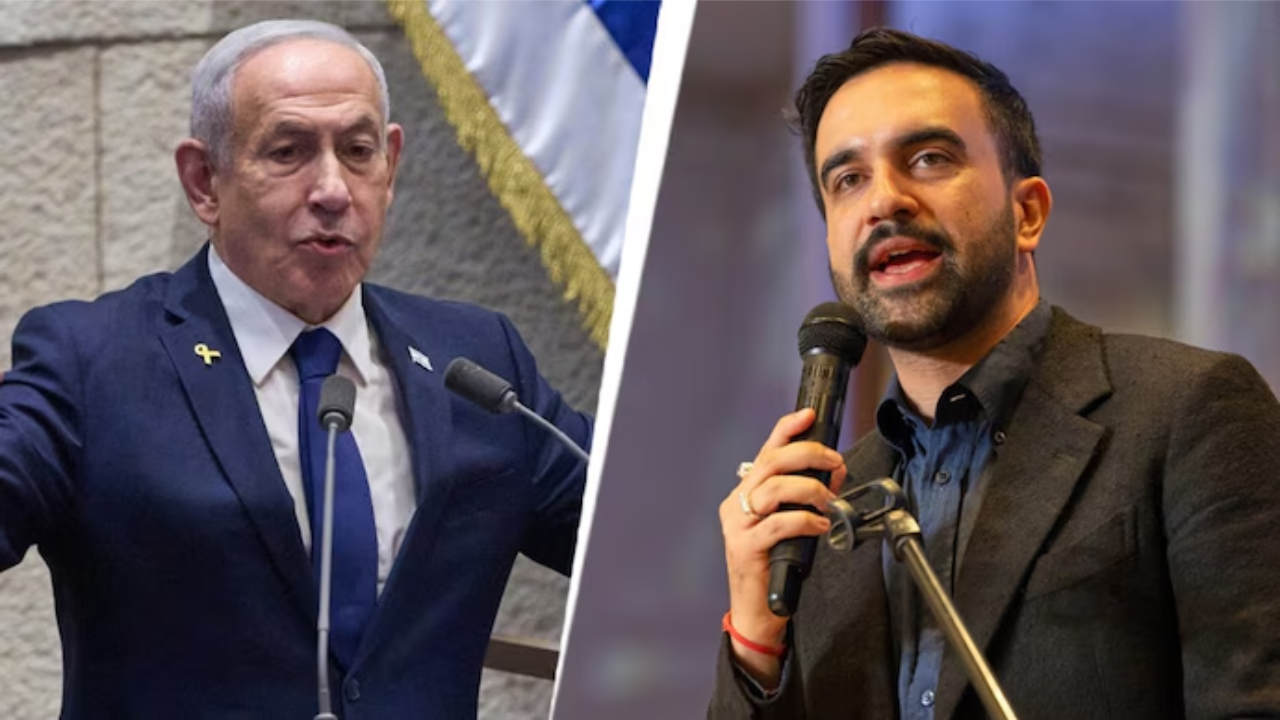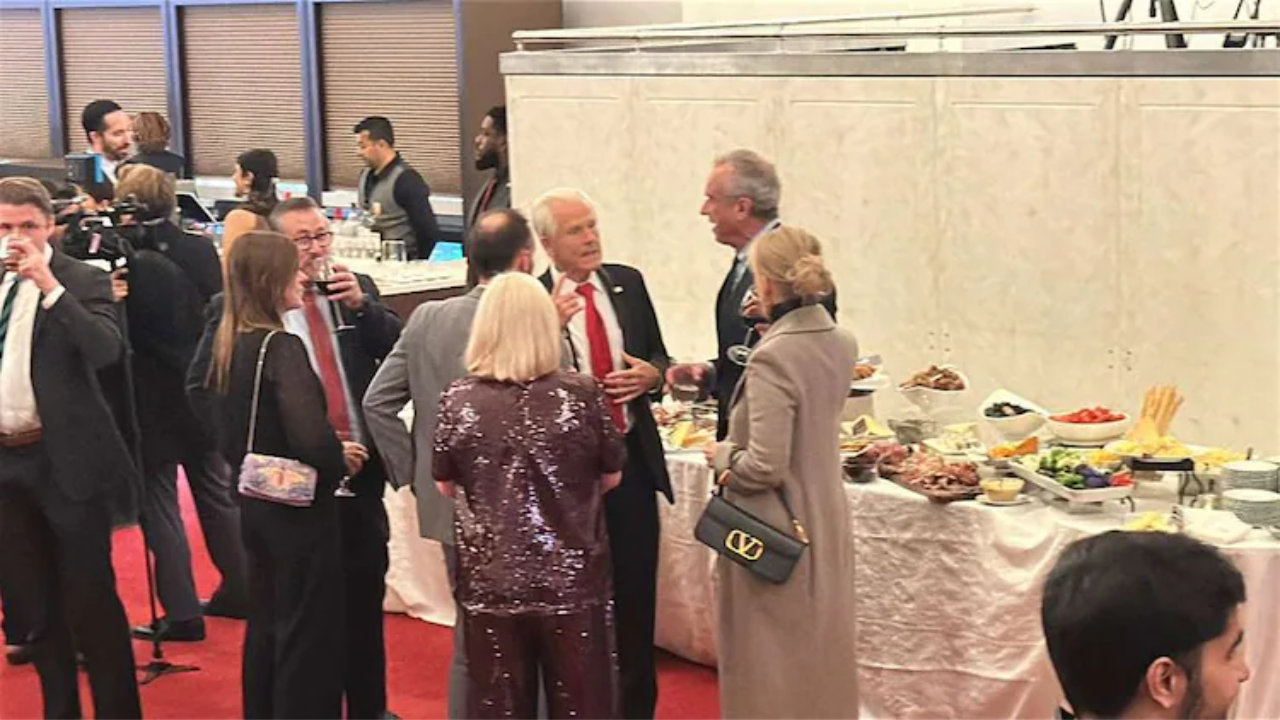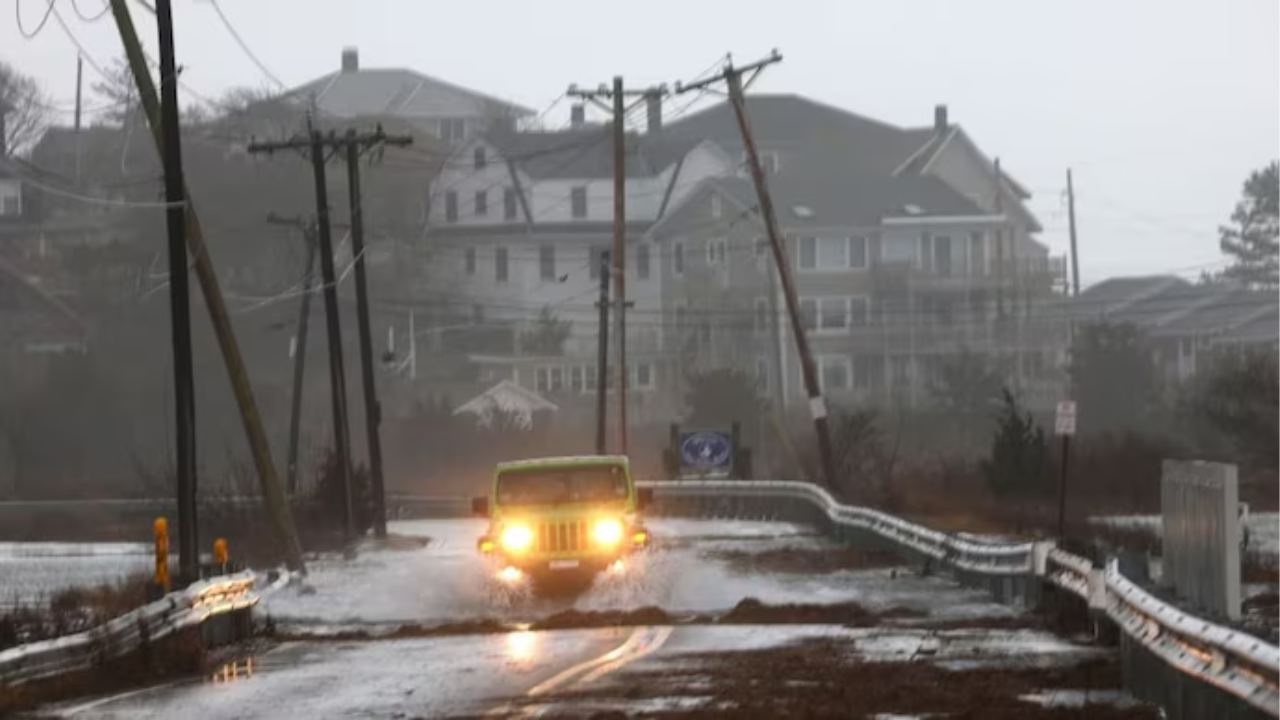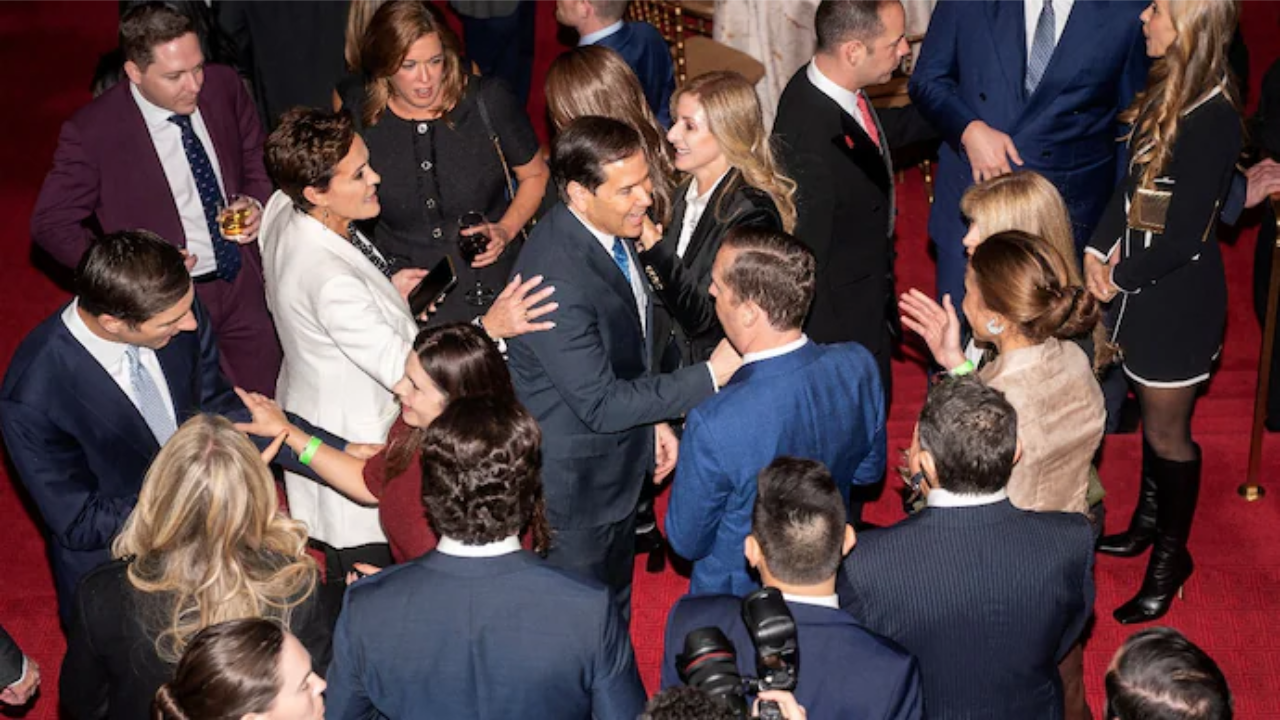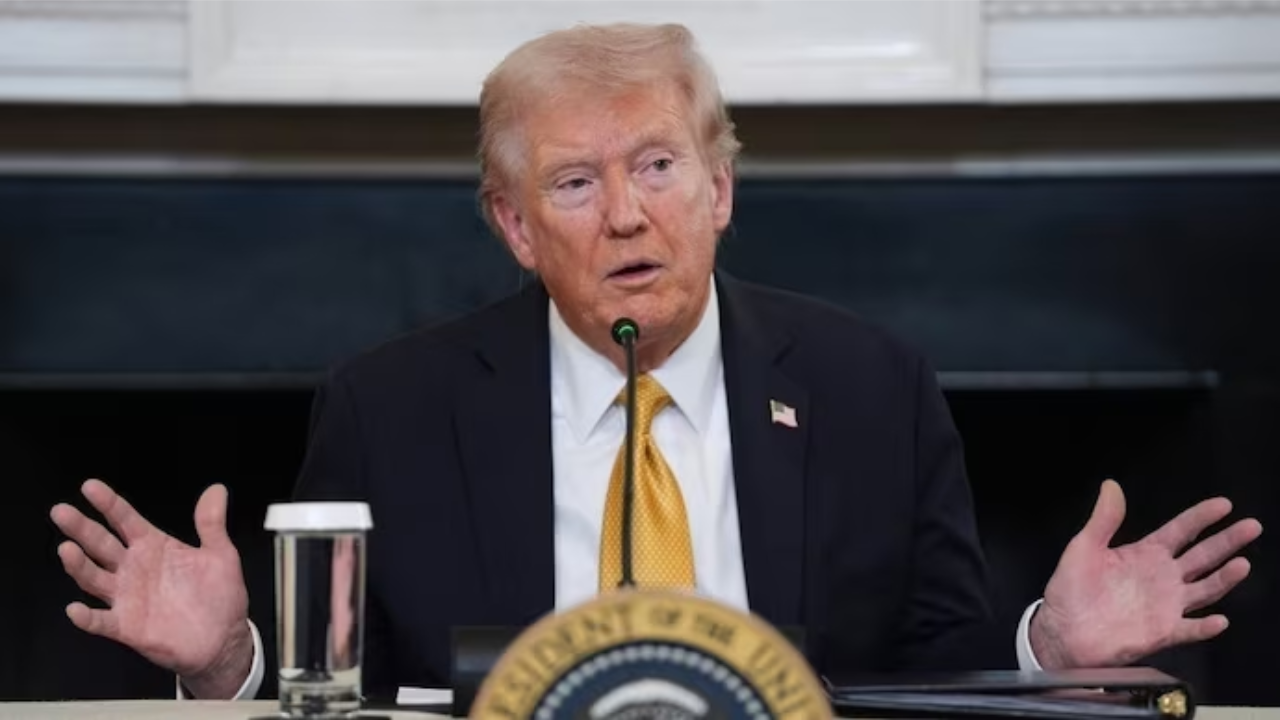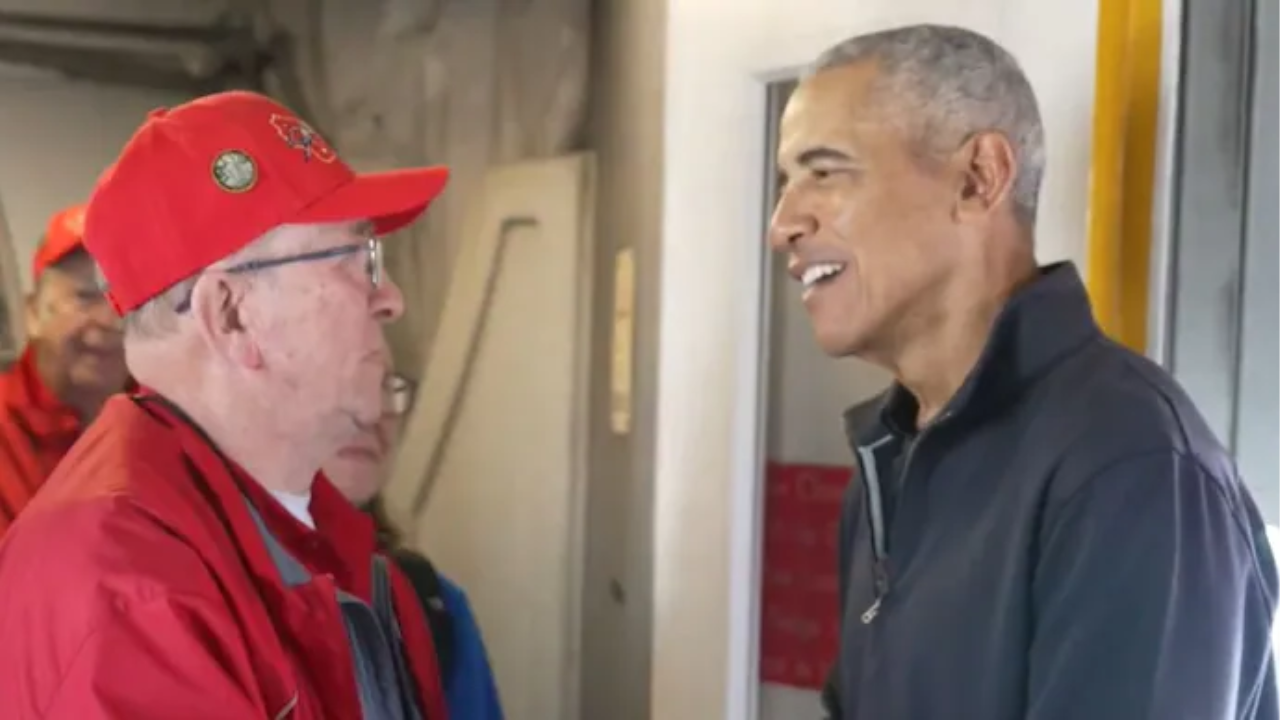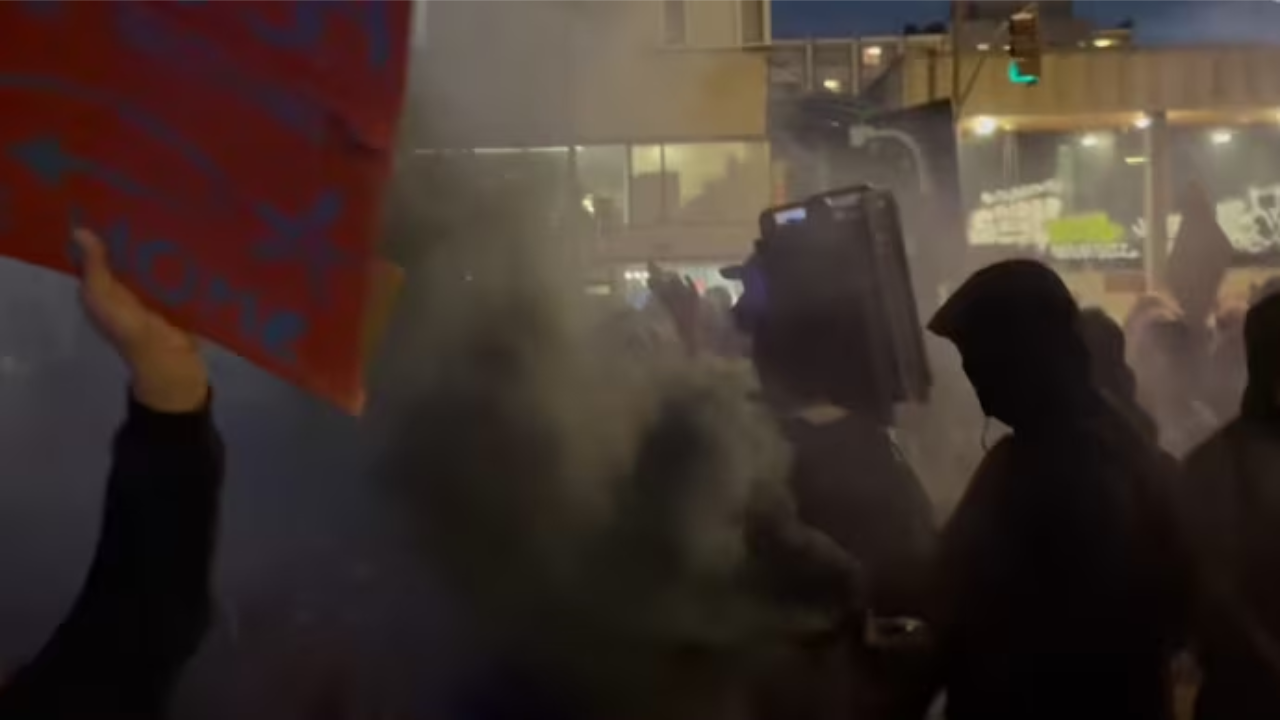The deployment of the advanced USS Gerald R. Ford Carrier Strike Group to the Latin American region has sharply intensified friction between the United States and Venezuela, leading to reciprocal military posturing and a divided, anxious populace in Caracas.
Military Posture and Justifications
| United States | Venezuela (President Nicolás Maduro) |
| Action: Deployed the USS Gerald R. Ford Strike Group, joining other warships, aircraft, and over 15,000 personnel. | Action: Launched a “massive mobilization” of nearly 200,000 military personnel, weapons, and equipment (including the Bolivarian Militia) for nationwide exercises. |
| Stated Goal: Disrupting narcotics trafficking vessels to the US, particularly after conducting deadly strikes on over 20 suspected drug boats since September, killing at least 76 people. | Stated Goal: Defending national sovereignty against an “imperialist threat” and preparing for a “prolonged resistance” (guerrilla-style) in case of a US attack. |
| Legal Stance: While US officials privately concede the goal is regime change, they have informed Congress that they currently lack a legal justification for strikes inside Venezuelan territory. | View: Views the US deployment as a direct attempt to force regime change, accusing the US of “fabricating a new war.” |
Caracas: A City Divided by Intervention
The arrival of the US carrier has fueled a spectrum of emotions among Venezuelan citizens:
- Skepticism & Fear of War: Many view the US presence as an “abuse” and unwarranted interference. There is a sense of fear of an “imminent threat,” with some citizens emphasizing that Venezuela is not a warmongering country prepared for confrontation.
- Hope for Intervention: Others are receptive, and even “happy,” about the aircraft carrier’s arrival, believing a US intervention is necessary to bring about “much-needed change” and help the country overcome its acute economic and humanitarian crises.
- Defiance: A segment of the population, including those mobilized in the militia, expresses fierce nationalistic pride and a commitment to “defend my homeland to the death.”
Information Control
- Local Media: Venezuelan state media is heavily controlled by the Maduro administration, ensuring the “official” government version of events dominates local coverage.
- Social Media: Online platforms, however, are reportedly “awash with speculation” that a political change in the country is imminent.
The situation remains highly volatile, with both nations demonstrating military readiness and the Venezuelan public living under the shadow of potential conflict and significant uncertainty.
